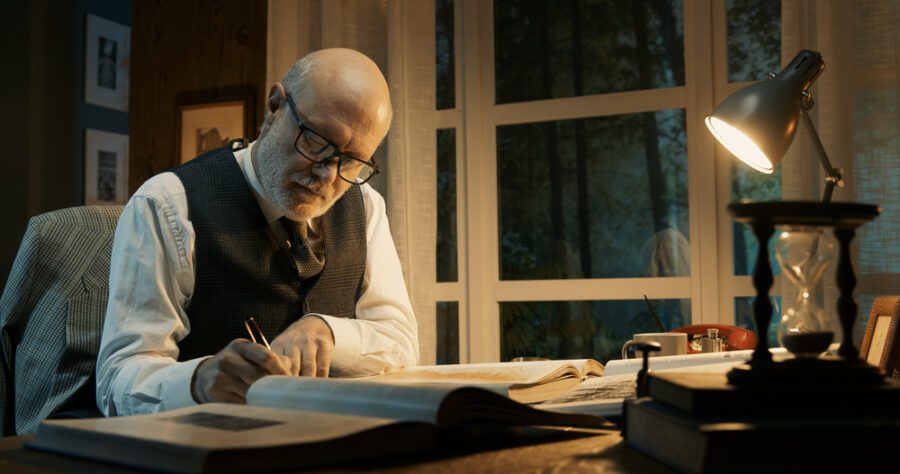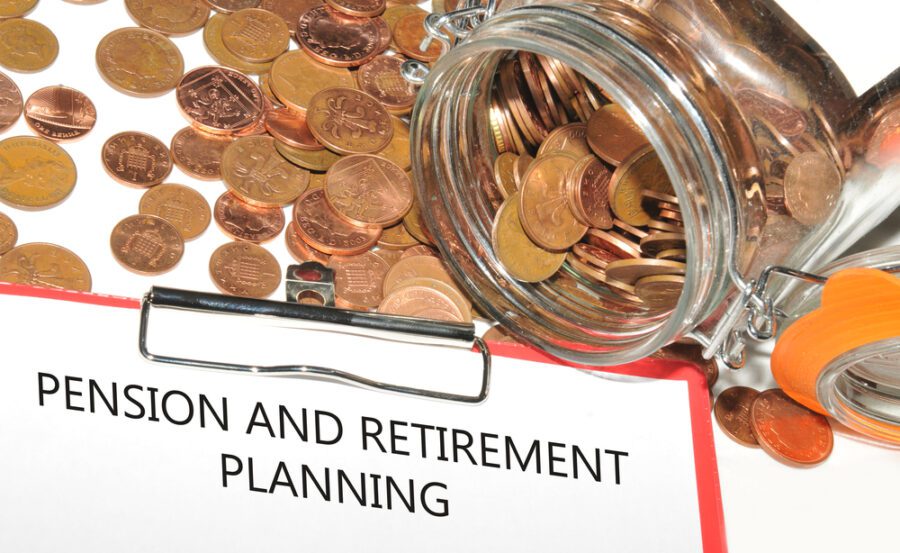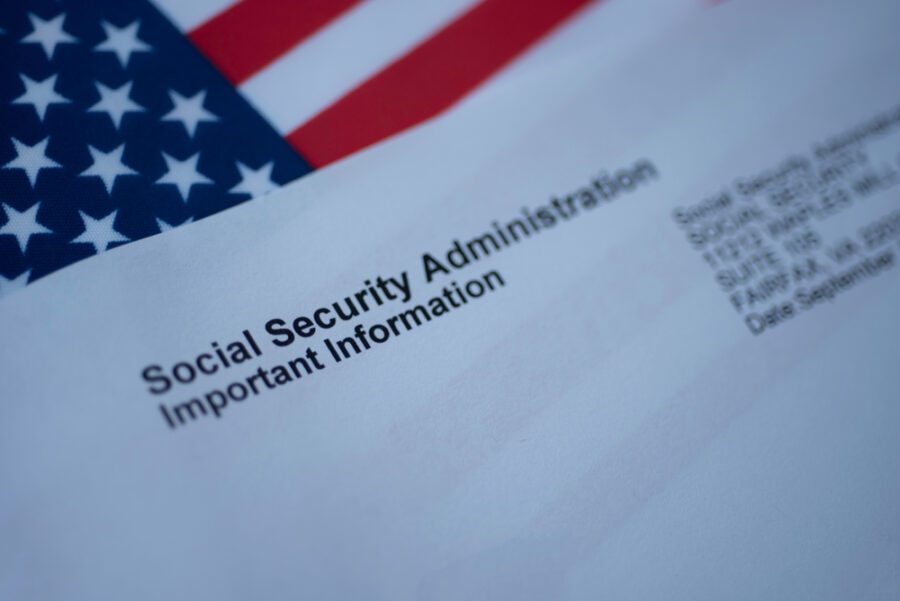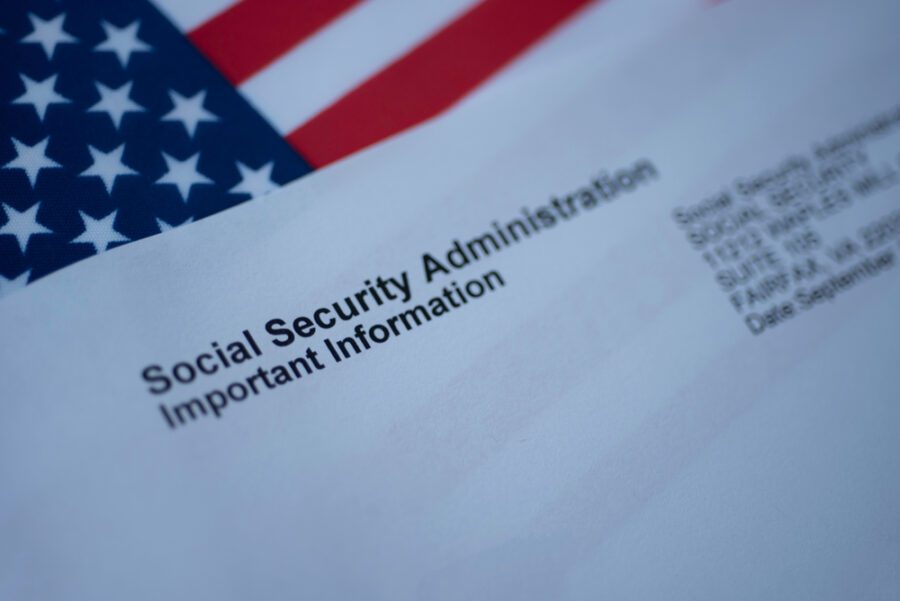
Education
It’s only natural for the average retired household to spot a big decrease in personal spending and education, with only $350 set aside for education spending. That’s 79% less, compared to $1,639, which is the average annual education spending in a typical household where both spouses are working.
Even if going back to school might sound appealing, lots of colleges and universities will offer free-of-charge classes to those who are 65 and older.
Insurance
The amount of money you used to spend on insurance will drastically drop once you retire. As it turns out, the average under-65 household spends around $8,100 a year on insurance, which includes annuities, life insurance, and any other personal insurance plans, like homeowners insurance.
As you retire, the number drastically drops to $2,840, which is a major change in spending. The majority of people pay for life insurance, and one of the main reasons is that they have a family they need to support.
Also, some retirees might prove eligibility for discounts on auto and homeowners insurance. The majority of states offer older adults discounts on car insurance, but they need to complete a defensive driving class like those offered by AARP and AAA.
The Insurance Information Institute discovered that retirees are way more likely to get discounts on homeowners insurance as they are home way more often, reducing the risks of fire or burglary.









